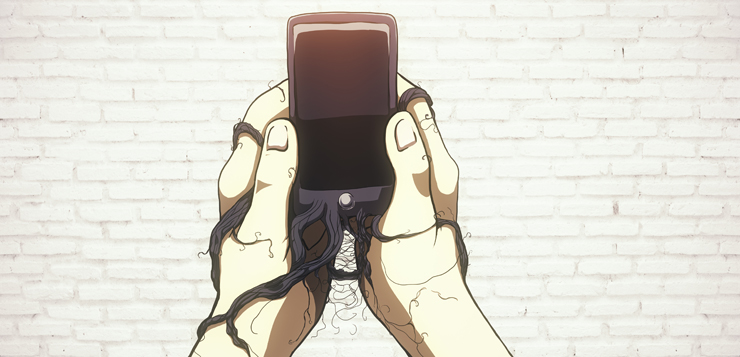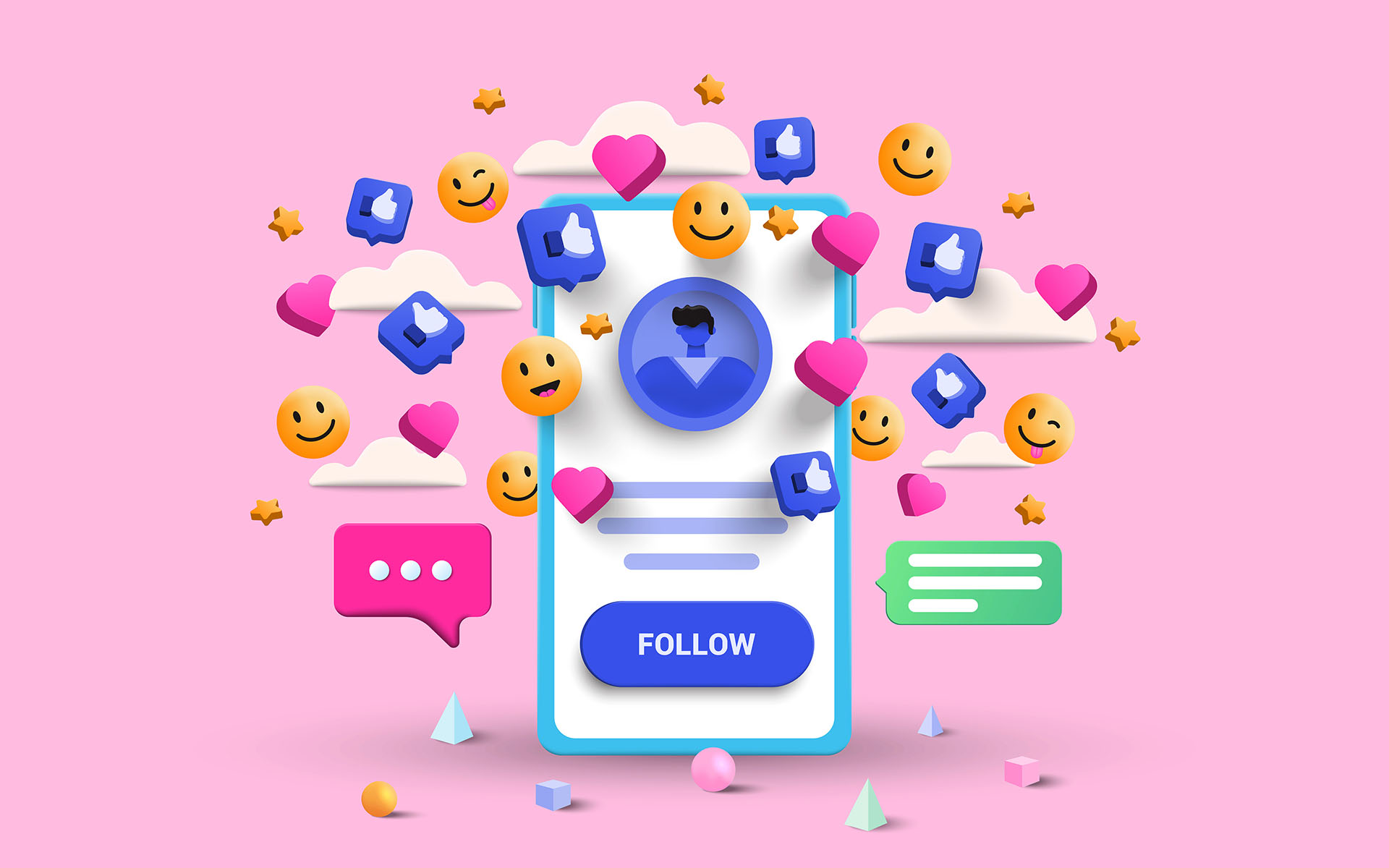Your phone’s slick, minimalist shell betrays a cacophony of alerts from apps, notifications from non-humans, and icons your fingers barely intended to graze. Yet there you are, ten minutes later, not even using the toilet at that point.
Tristan Harris, former design ethicist at Google and founder of Time Well Spent, offers these 5 tips for re-organizing your phone to create a less distracting experience:
1) Turn off notifications from machines. Could you turn off almost all notifications on your device? That way, when your device buzzes, you know it’s because a real human wants your attention, not a dating app.
2) Set up custom notifications for individuals. You can set custom vibrations for different people on your contact list.
3) Only put tools on your home screen. Harris refers to the home screen as “the most important real estate in the attention economy.” As an exercise, he suggests wiping apps from your home screen, except for essential tools like maps, calendars, settings, and messages so that you’re not tempted to linger on your phone.
4) Scramble your apps regularly. When you’re in the habit of knowing where to find your apps, you’re going to end up in Buzzfeed purgatory more often. You can interrupt your habit-forming brain by shifting apps around, which forces you to make a more conscious choice before clicking through to the app.
5) Move all non-tool apps to a folder on your second screen. From there, you can use your phone’s search function to access email, for instance.
Two Tips for Mindful Tech:
“Our devices hold out the false promise that there is something more important, more urgent, and more interesting than our present-moment experience,” says psychologist Christopher Willard, author of Growing Up Mindful. He offers these tips for cultivating a healthier relationship with your phone:
1) When you pick up your gadgets, do it mindfully. Each time you look at your phone it’s an opportunity for a short mindfulness practice to check in first. The beeps and buzzes of our devices can also be reminders to take a breath or check in with ourselves. Mark Epstein, a psychiatrist and writer, even suggests sometimes not shutting off the cell phone when you meditate. Instead, just sit in meditation and notice the body’s and the mind’s reactions to each beep and buzz of the phone, the stories and urges and emotions as they arise. The objects of attention become our emotional response to the silence (anticipation, relief), our emotional response to the beeps, chirps, songs, and buzzes as they arise (irritation, curiosity, anxiety), and whatever urges arise due to the sounds.
2) Build mindful reminders into your devices. Make the background wallpaper some kind of reminder to breathe or check in. How many times a day do we type a password into our devices? This too can be a reminder if we make our password breathe or something similar. My friend Mark Bertin suggests putting calm images like beach scenes on your most annoying contacts or difficult people. There are also plenty of free websites, apps, and podcasts offer guided meditations and discussions of meditation as well. Other software and hardware teach basic mind/body principles through biofeedback and neurofeedback. Plug-ins for browsers can block certain websites and distractions for chosen lengths of time. Shut off automatic passive alerts and push notifications, and instead make the active choice to check in with messages and updates.
These tips were adapted from Dr. Christopher Willard’s book Growing Up Mindful.
read more
Tech Yourself, Don’t Wreck Yourself
These new apps have wellness and inclusion woven into their development and aim to help us connect with others and with ourselves without sacrificing our privacy or principles.
Read More
The Science of Wanting: How We Unhook from Dopamine
Dopamine is a neurotransmitter in the brain that helps motivate us to fulfill our basic needs, but in our modern age of plenty, it can also lead to overindulgence and addiction. So how can we find balance and contentment in an age of instant gratification?
Read More
Free (Or Almost Free) Mindfulness Apps That Offer Mental Health Support
More people are turning to mindfulness apps to support their mental well-being—Here are a few that we think are worth trying.
Read More









